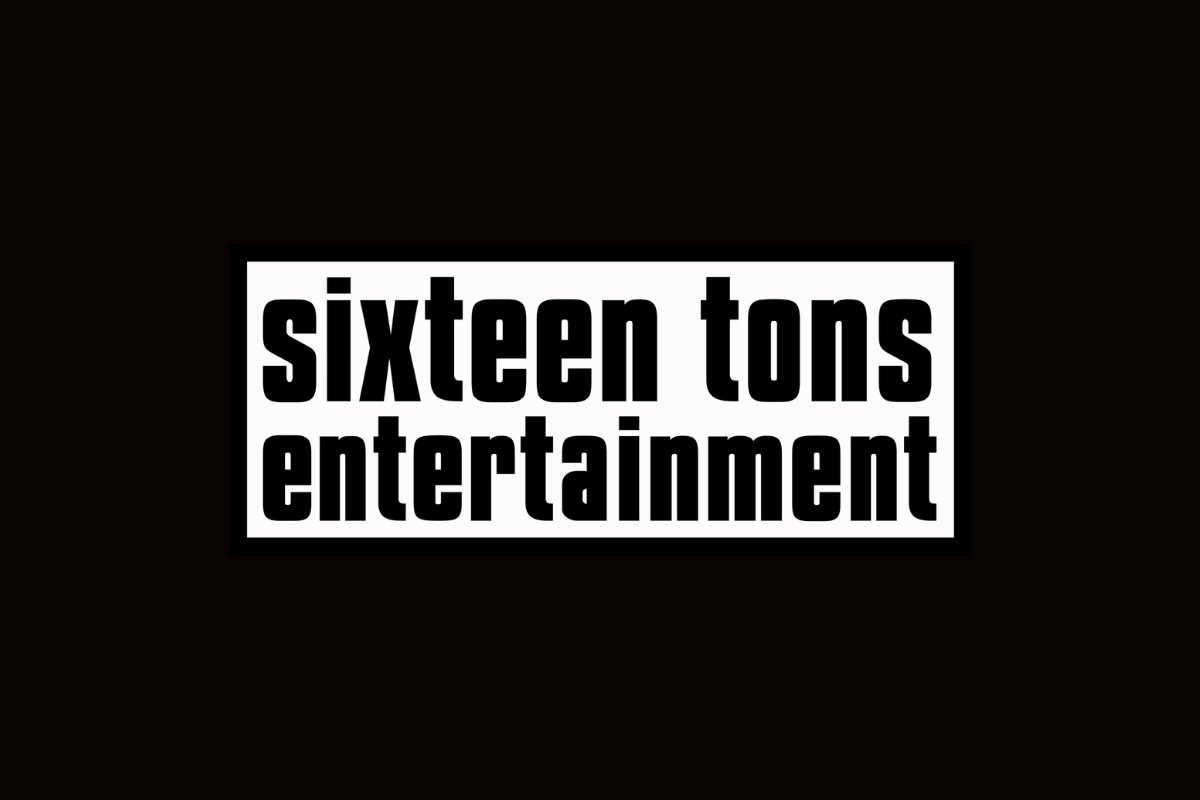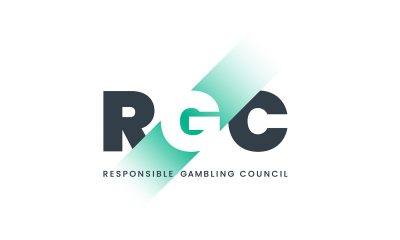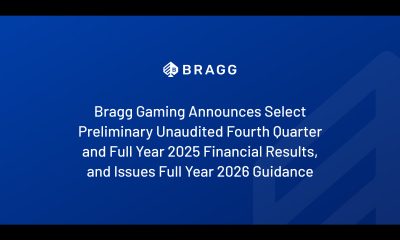Latest News
World Cricket Championship inks exclusive deal with Israel-based in-game ad solution provider Anzu to bring new-age blended ad technology
Nazara’s subsidiary, Next Wave Multimedia Pvt. Ltd., exclusively partners with Israel-based Anzu with the aim to bring advancement in blended in-game advertising for the second edition of their award-winning World Cricket Championship (WCC) franchise. The game will look to leverage Anzu’s blended in-game ad technology, bringing more opportunities for brands and advertisers in the Indian ecosystem.
Being a leader in this space, Anzu will now bring to WCC2 ad viewability, brand lift measurement, audience verification, data enrichment, and fraud detection in partnership with industry leaders such as Moat, Comscore, Kantar, and Nielsen, in addition to native ad placements with blended in-game banner ads across the game on Android and iOS devices.
The native advertising format that this collaboration brings will help advertisers reach their audiences in a seamless manner, without disrupting user experience, while integrating a brand’s message in the game’s environment.
On the exclusive partnership, Next Wave Multimedia co-founder and CEO P.R. Rajendran says, “We are glad to be able to bring more value to brands. We believe this collaboration will help us serve users and advertisers better by taking gaming and digital advertising a notch higher for enhanced experience.”
Anzu’s CEO and co-founder, Itamar Benedy, remarked, “Every region is seeing a growth in gaming, and advertisers realise that in-game ads can help them connect with a once elusive audience. We are thrilled to partner with such a well-established studio and help them achieve their goals while opening up the in-game advertising market for advertisers across India.”
The APAC region has always had a record number of players, with the current estimate at 1.5 billion. Now that Anzu has inked a deal with AdColony’s APAC division, advertisers across the region will have even more access to gamers. Amit Rathi, AdColony’s Country Manager for India, noted, “Gaming has transformed from an underground pastime to mainstream entertainment, and it is rivaling the reach of social media. Advertisers need to take note of this and treat gaming as an equal if not a more effective channel for communicating with consumers. Placing in-game ads in games like WCC 2 will allow advertisers to reach their desired audiences.”
Overall, WCC apps have garnered more than 140 million installs across devices. Earlier in 2020, WCC MAUs and Daily Active Users (“DAU”) hit a peak of 15 million and 3.5 million respectively (Next Wave Multimedia), gaining from the lockdown-induced surge in mobile gaming. WCC2 alone counts more than 50 million downloads on Google Play Store. The user engagement for the WCC games has increased considerably, evidenced by the fact that the average daily user engagement time for WCC2 was 45 minutes but this has increased to 55 minutes for the WCC3 title.
To help align in-game advertising with other media channels, Anzu has formed several strategic partnerships, including one with WPP to introduce in-game advertising standards. Through its affiliations with leading AdTech vendors, Anzu supplies in-depth measurements for campaign effectiveness and ad verification. It is these types of technologies that give big-name advertisers such as Vodafone, Samsung, and 7-Eleven the confidence they need to shift more of their budgets to in-game ads and game developers including Ubisoft, Toplitz Productions, and APB Reloaded the security to integrate ads into their games.
Powered by WPeMatico
BIG Cyber
BMM INNOVATION GROUP TO SPONSOR AND EXHIBIT AT SBC RIO 2026 MARCH 3–5 AT RIOCENTRO, RIO DE JANEIRO

BMM Innovation Group (BIG) has confirmed its sponsorship and exhibition at SBC Summit Rio, taking place March 3–5, 2026, at Riocentro. Attendees can visit the company at Stand A816 to explore its latest compliance, cybersecurity, and training solutions for the regulated gaming sector.
Headquartered in Las Vegas, BMM Innovation Group continues to expand its presence in Latin America, supporting Brazil’s rapidly growing regulated betting and iGaming market.
Strengthening Compliance in Brazil’s Regulated Market
At SBC Rio 2026, BIG will spotlight BMM Testlabs and its comprehensive product compliance testing and certification services. With an established office in São Paulo and 15 additional global locations, BMM Testlabs works closely with regulators, operators, and suppliers across Brazil and Latin America.
As Brazil’s regulated sports betting and online gaming market accelerates, compliance, responsible gaming, and player protection remain top priorities. BMM Testlabs ensures that fixed-odds betting systems and online gaming platforms meet Brazilian regulatory standards, supporting secure and transparent market growth.
Marzia Turrini, President of iGaming & Cybersecurity at BMM Testlabs, highlighted Brazil as one of the world’s most dynamic gaming markets, emphasizing the importance of regulatory compliance and system security in driving sustainable expansion.
Cybersecurity and Responsible Gaming Solutions
In addition to compliance services, BIG will present solutions from:
-
BIG Cyber – Delivering penetration testing, vulnerability assessments, PCI:DSS evaluations, and managed cybersecurity services to protect operators and suppliers from emerging threats.
-
RG24seven Virtual Training – Providing compliance-focused online training programs covering Responsible Gaming and Anti-Money Laundering (AML), with content available in Portuguese and Spanish to support regional operators.
Together, these solutions reinforce BIG’s mission to serve the full gaming ecosystem—from product certification and cybersecurity protection to regulatory training and workforce education.
Meet BMM Innovation Group at SBC Rio
Industry professionals attending SBC Summit Rio 2026 are invited to schedule in-person meetings with BMM Innovation Group representatives to discuss compliance, cybersecurity, and training strategies tailored to Brazil’s evolving regulatory landscape.
More about the event to meet with BMM representatives at https://sbcnews.co.uk/events/2026/02/25/sbc-summit-rio-2026-2/
The post BMM INNOVATION GROUP TO SPONSOR AND EXHIBIT AT SBC RIO 2026 MARCH 3–5 AT RIOCENTRO, RIO DE JANEIRO appeared first on Eastern European Gaming | Global iGaming & Tech Intelligence Hub.
Latest News
Ceuta refuerza su apuesta por el Juego en Interazar, la gran Feria española del Sector

La Ciudad autónoma acudirá de nuevo a Madrid para reforzar su compromiso con la Industria
La próxima edición de Interazar volverá a ser el gran punto de encuentro de la Industria del Juego española y contará, una vez más, con la participación activa del Gobierno de Ceuta, que reafirma así su compromiso firme y continuado con un Sector del todo determinante para su modelo económico.
Ceuta vuelve a la Feria Española del Juego los próximos días 28 y 29 de abril en IFEMA con un mensaje claro: la Ciudad se ha convertido en uno de los grandes polos de atracción para la Industria del Juego y la tecnología, ya no sólo en España, sino en Europa. La presencia institucional ceutí servirá para continuar mostrando las ventajas fiscales únicas de la Ciudad, su seguridad jurídica y un ecosistema cada vez más maduro, que ya alberga a buena parte de las principales compañías del Juego online que operan en España.
La apuesta del Gobierno de Ceuta por el Sector no es coyuntural. Los datos avalan un modelo que ha generado empleo cualificado, incrementando de forma notable la recaudación pública y situando a la Ciudad como un hub tecnológico de referencia. Interazar se presenta así, como el foro natural para reforzar la relación con las empresas ya implantadas y para abrir nuevas vías de colaboración con Operadores y proveedores que buscan un entorno competitivo y estable desde el que crecer.
La combinación entre un certamen con identidad propia como Interazar, y una Administración que ha sabido entender el potencial del Sector, convierte esta participación en una muestra más de una estrategia coherente y sostenida en el tiempo.
The post Ceuta refuerza su apuesta por el Juego en Interazar, la gran Feria española del Sector appeared first on Americas iGaming & Sports Betting News.
EMERGENCY HQ
EMERGENCY Developer Sixteen Tons on Record Growth Trajectory: Studio Appoints Creator of Billion-Dollar Hit June’s Journey as Chief Creative Officer

Sixteen Tons Entertainment, the studio behind the award-winning EMERGENCY series, today announced the appointment of Sebastian Nußbaum as Chief Creative Officer. A lifelong fan of the franchise and an accomplished creative leader in the European games industry, Nußbaum joins CEO Jan Richter’s leadership team to guide the next phase of EMERGENCY’s growth.
Nußbaum’s connection to EMERGENCY spans back to the franchise’s earliest titles, drawn to its unique blend of authentic simulation and strategic gameplay. This personal passion, combined with Sixteen Tons’ recent performance, made joining the studio an easy decision.
Over 200% Revenue Growth for EMERGENCY HQ
Since Jan Richter became CEO in mid-2024, EMERGENCY HQ has achieved remarkable growth, with monthly revenue increasing by more than 200% in just 18 months — eight years after its original launch. The growth has been almost entirely organic, fueled by consistent content updates, live events, and expansion into international markets, particularly the United States. The studio now employs approximately 35 team members.
From Niche Franchise to Billion-Dollar Potential
At Wooga, Nußbaum served as Vice President Creative, leading the development of June’s Journey and Pearl’s Peril, turning them into globally successful titles with June’s Journey generating over $1 billion in lifetime revenue. He now brings this expertise to Sixteen Tons, aiming to scale EMERGENCY into its next era.
Leadership Comments
“The growth of EMERGENCY HQ over the past 18 months demonstrates the true potential of this brand — and we are still early,” said Jan Richter, CEO of Sixteen Tons. “Sebastian brings not only creative vision and passion, but also the operational expertise to elevate the franchise and redefine its genre. His decision to join our team validates our ambitions and motivates us to raise the bar even further.”
Nußbaum added:
“What Jan and the team have achieved with EMERGENCY HQ is truly impressive. The dynamic growth, clarity of strategy, and strength of the team made it clear that something special is happening at Sixteen Tons. I’m excited to contribute to the evolution of this brand and help realize its enormous potential.”
Sixteen Tons at GDC 2026
Sixteen Tons Entertainment will showcase its development at the Game Developers Conference (GDC) in San Francisco, March 9–13. CEO Jan Richter will present insights into the transformation of EMERGENCY HQ and its record revenue growth, while Sebastian Nußbaum will be available for interviews and media engagements.
The post EMERGENCY Developer Sixteen Tons on Record Growth Trajectory: Studio Appoints Creator of Billion-Dollar Hit June’s Journey as Chief Creative Officer appeared first on Eastern European Gaming | Global iGaming & Tech Intelligence Hub.
-

 Central Europe7 days ago
Central Europe7 days agoPowering the Next Generation of Online Casinos: Inside DSTGAMING’s Scalable iGaming Ecosystem
-

 Alberta iGaming Corporation7 days ago
Alberta iGaming Corporation7 days agoAlberta iGaming Corporation Partners with Responsible Gambling Council
-

 Adjusted EBITDA6 days ago
Adjusted EBITDA6 days agoBragg Gaming Announces Select Preliminary Unaudited Fourth Quarter and Full Year 2025 Financial Results, and Issues Full Year 2026 Guidance
-

 Bagley-Keene Act6 days ago
Bagley-Keene Act6 days agoCalifornia Gambling Control Commission Issues Critical Guidance on Stakeholder Communications and Ex Parte Rules
-

 Habanero7 days ago
Habanero7 days agoRacing Royalty — Habanero’s High-Speed Hold-and-Ride Thrill
-

 BGaming7 days ago
BGaming7 days agoBrace for Impact — BGaming’s Rocket Eruption: Triple Blast
-

 iGaming5 days ago
iGaming5 days agoPRAGMATIC PLAY UNEARTHS PROGRESSIVE MULTIPLIERS IN ROLLING IN TREASURES
-

 Comatel4 days ago
Comatel4 days agoCOMATEL CELEBRARÁ UNA FIESTA PARA CIENTOS DE OPERADORES TRAS FINALIZAR EL PRIMER DÍA DE LA FERIA ESPAÑOLA, INTERAZAR



















